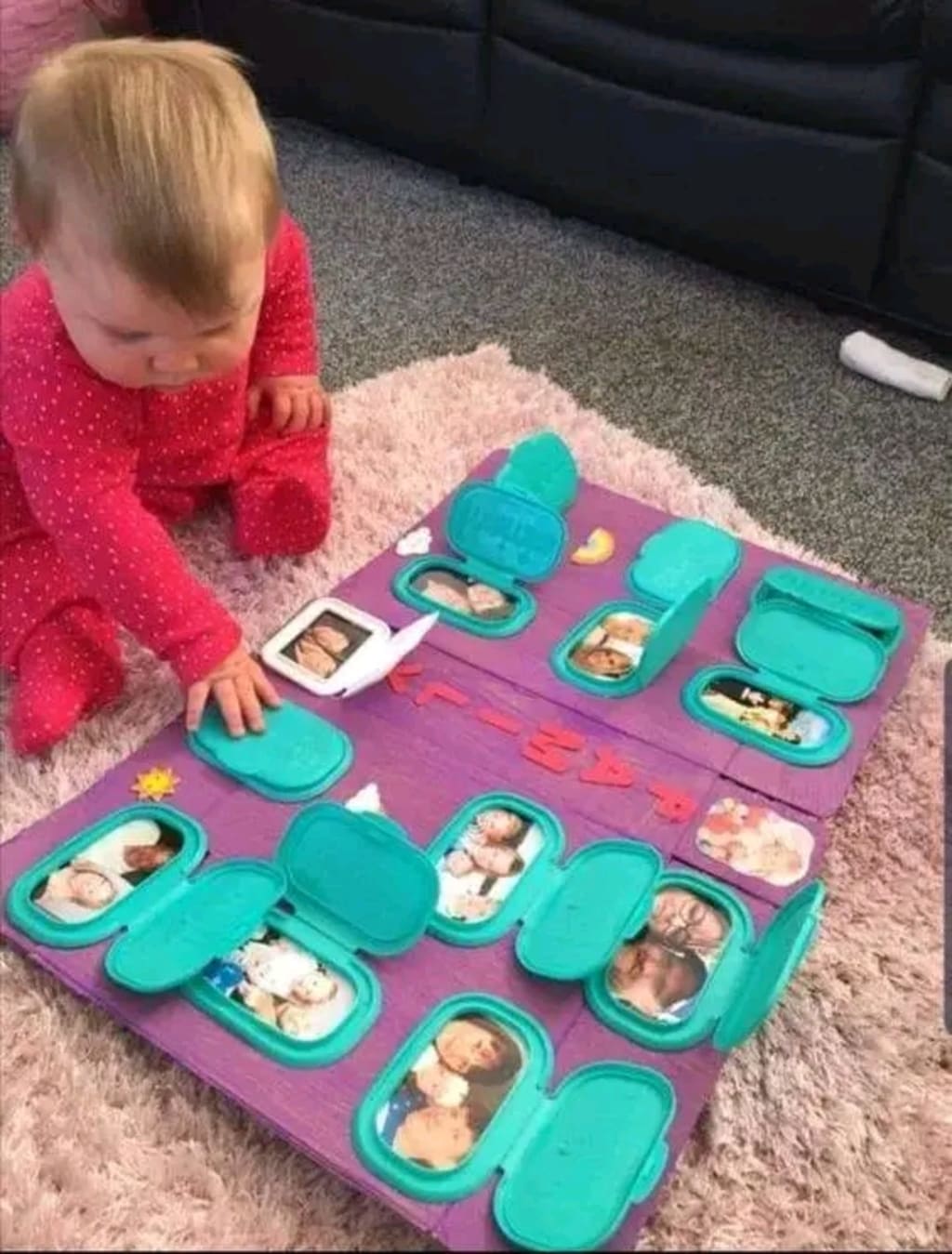
Childhood is a critical stage in a person's development, and education plays a vital role in shaping their future. With the right education, children can develop the skills, knowledge, and attitudes they need to succeed in life. In this article, we will explore the importance of education in childhood and some of the methods used to deliver it. From formal education in schools to play-based learning and homeschooling, we will provide an overview of the different approaches used to educate children. Whether you are a parent or an educator, this article will provide valuable insights into the role that education plays in shaping the lives of young children.
1 , the importance of education in childhood:
Education is an essential aspect of a child's development, and it lays the foundation for their future. The benefits of education are numerous, and it can have a profound impact on a child's life. Here are some of the most significant reasons why education is important for children.
Cognitive Development: Education helps children develop their cognitive skills, such as critical thinking, problem-solving, and decision-making. It also helps them develop their memory and concentration, which is essential for learning and retaining new information.
Preparation for Adulthood: Education prepares children for adulthood by teaching them important life skills, such as financial literacy and responsible decision-making. It also helps them develop the skills they need to succeed in the workforce, such as communication, teamwork, and problem-solving.
Improved Mental Health: Education has been shown to improve mental health, particularly in children who struggle with behavioral and emotional issues. Learning provides children with a sense of accomplishment, and it helps build their self-esteem and confidence.
Exposure to Different Cultures and Ideas: Education exposes children to different cultures and ideas, which helps them become more culturally aware and understanding. It also helps them develop their empathy and understanding of different perspectives.
Better Career Opportunities: Education is a significant factor in determining a child's future career opportunities. Children who receive a quality education are more likely to secure well-paying jobs and to have a successful career.
Increased Life Expectancy: Education has been linked to increased life expectancy, as individuals with higher levels of education are more likely to make healthy lifestyle choices and to have access to quality healthcare.
Improved Social Skills: Education can also improve a child's social skills. Through education, children learn how to communicate effectively, work with others, and form relationships.
In conclusion, education is an essential part of a child's development, and it provides numerous benefits that will stay with them throughout their lives. Whether it's preparing them for adulthood, improving their mental health, or exposing them to different cultures and ideas, education is an investment in a child's future that will pay off in countless ways.
2 , some common methods of education in childhood:
A ; Formal Education: Formal education refers to the structured educational programs that take place in schools, colleges, and universities. This type of education is typically delivered by teachers, and it covers a wide range of subjects, including math, science, history, language, and the arts.
B ; Play-based Learning: Play-based learning is a method of education that focuses on using play as a tool for learning. This approach is especially useful for young children, as it allows them to learn through exploration and discovery. Play-based learning can include activities such as playing with toys, drawing, and pretending.
C; Experiential Learning: Experiential learning is a method of education that involves hands-on experiences and real-life situations. This approach can be used in a variety of settings, including museums, zoos, and outdoor environments. Children learn through direct experience and reflection, which helps to build their understanding of the world around them.
D; Project-based Learning: Project-based learning is a method of education that involves students working on a long-term project or assignment. This approach helps children develop important skills such as problem-solving, critical thinking, and teamwork, while also allowing them to explore their interests and passions.
E; Technology-based Learning: Technology-based learning refers to the use of technology to facilitate education. This method can take many forms, including online courses, educational software, and virtual reality experiences. Technology-based learning can provide children with access to a wealth of educational resources and can help them develop valuable digital skills.
F ; Homeschooling: Homeschooling is a method of education where children are taught at home, either by a parent or a tutor. This approach allows for a more personalized and flexible education, and it can be especially beneficial for children who struggle in a traditional classroom setting.
These are just a few of the many methods of education in childhood. The best approach will depend on a child's individual needs and learning style, as well as the resources and support available to them. By exploring different methods, parents and educators can help children develop a well-rounded education that will serve them well throughout their lives
conclusion
In conclusion, education in childhood is a critical aspect of a child's development, and it provides numerous benefits that will stay with them throughout their lives. From cognitive development and preparation for adulthood, to improved mental health and better career opportunities, education has the power to shape a child's future in countless ways. By exploring different methods of education, such as formal education, play-based learning, and technology-based learning, parents and educators can help children receive the education they need to succeed. Ultimately, education is an investment in a child's future, and it is up to us to ensure that every child has access to the resources and support they need to reach their full potential
About the Creator
kamal
The pleasure of reading is an exquisite joy that knows no bounds. It is the captivating dance of words upon the page, weaving a tapestry of emotions, thoughts, and ideas within our minds. As we immerse ourselves in the pages






Comments
There are no comments for this story
Be the first to respond and start the conversation.